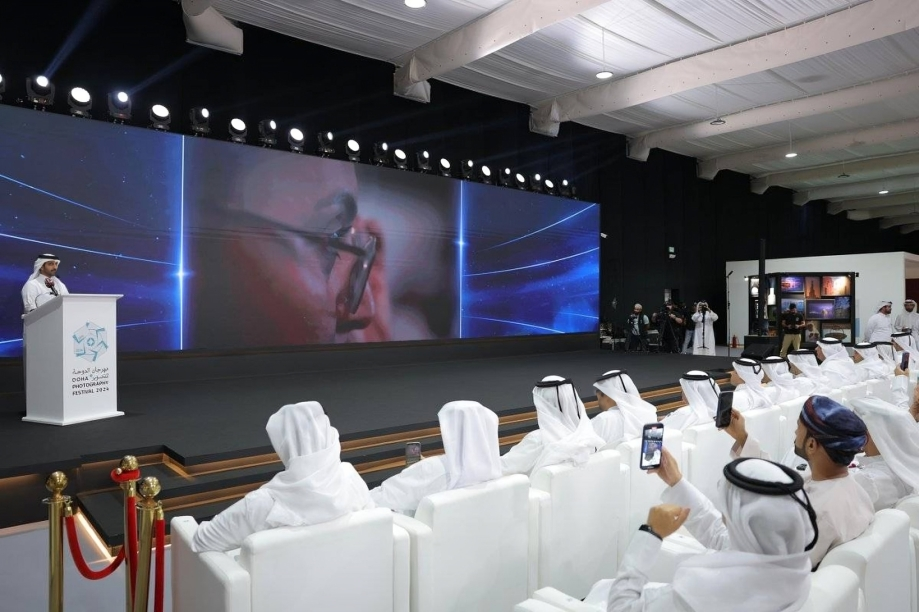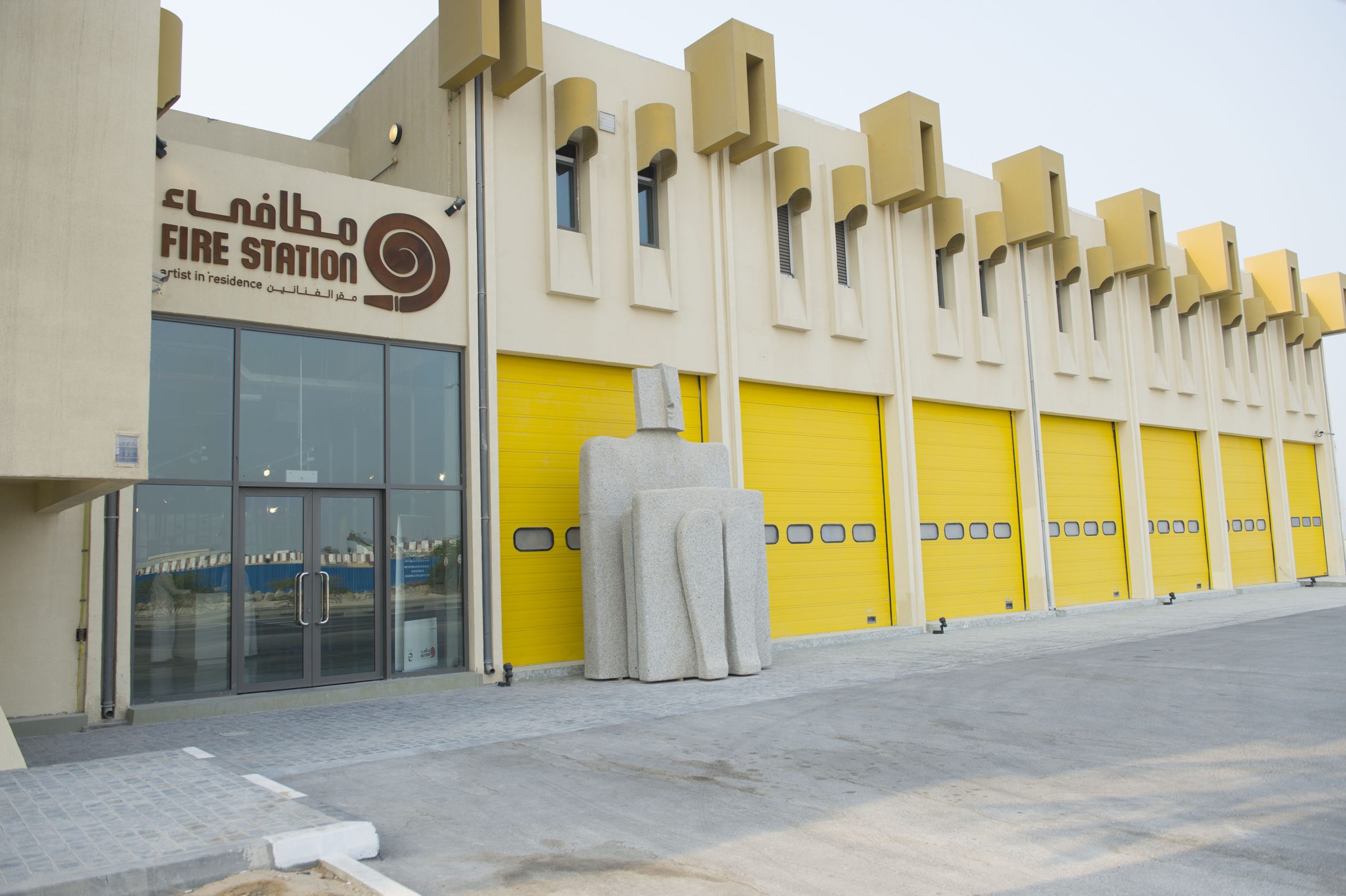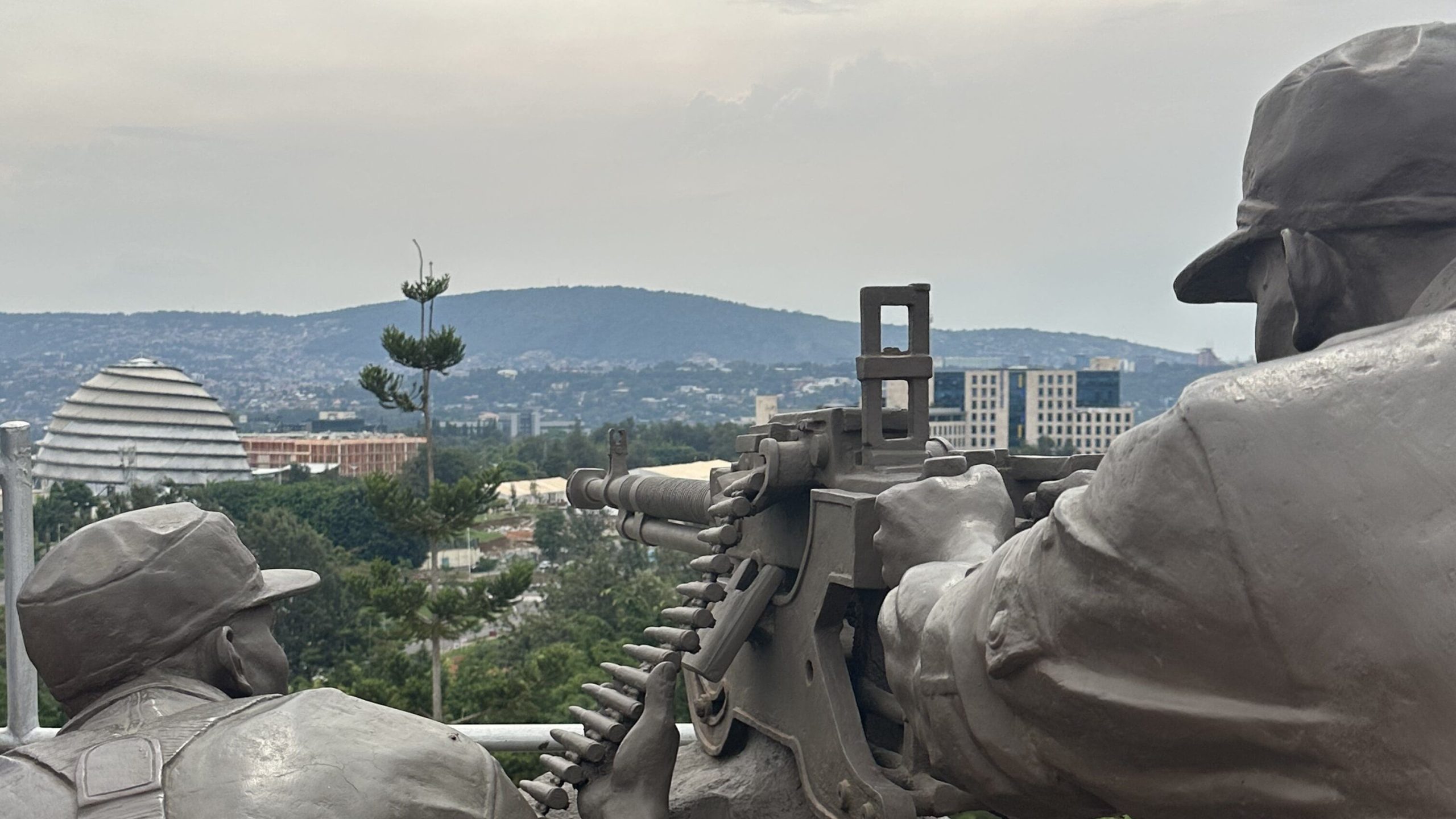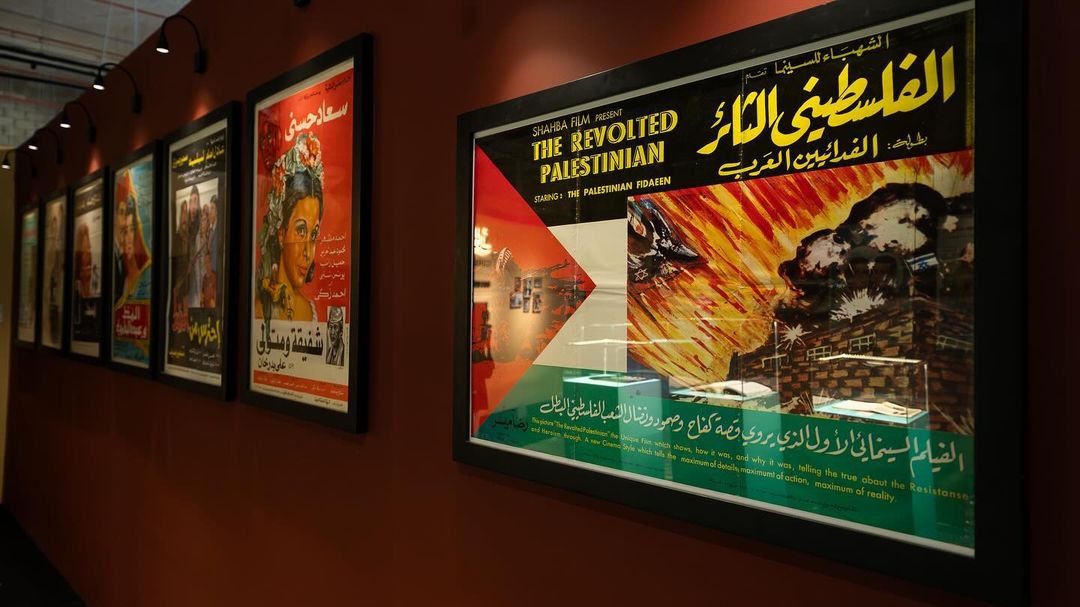
A traditional Qatari hunting tournament that is famous throughout the region for extolling customs from a bygone era, has opened itself up to foreign participants for the first time today.
Al Galayel, now in its fourth year, is one of the most highly celebrated hunting and falconry championships in the Gulf, and is known for strict rules that prohibit participants from using any modern technology, such as vehicles and mobile phones.
Instead, competitors must rely on traditional techniques like tracking, hunting and orientation, passed down through the generations, as they move by camel and horse through the 900 square km Al Areeq reserve in the south of Qatar.

During the contest, teams of six to eight participants hunt houbara, gazelle and a type of bird called curlew for four days.
Four teams each compete in four preliminary rounds, while the winning team from each round goes through to the final. Teams are scored according to the number of animals they successfully hunt.
Previously, the competition was only open to Qataris, as it emphasizes the heritage, skills and traditions of the desert life of their ancestors.
However, organizers said the passion, tenacity and expertise of one expat resident has encouraged them to allow a non-Qatari team to partake in the event for the first time. Although they will not be formally competing, the team will take part on a trial basis for one night and one day today.
If their participation goes smoothly, organizers said they hope to open up the contest to a wider pool of participants from the GCC as well as world-wide experts in future years.
Expat falconer
German PR consultant Laura Wrede has been the driving force behind the changes. A Qatar resident for four years, Wrede is an experienced rider and horse trainer.
She also hails from a hunting family. She was given her first hunting dog when she was born, and by the age of 16 years old had secured her German hunting license after years of practice. After going to university in Madrid, she actively took up hunting rabbits, partridge and pheasants as well as deer and wild boar.

Speaking to Doha News, she said that in 2010, she found an injured peregrine falcon on the road, which later died in her arms, reigniting her passion for birds of prey.
“I have always had a respect for and love of birds of prey. After finding the falcon, that passion came back. I realized I had to do something with birds of prey,” she said.
When she first arrived in Qatar in early 2011, Wrede was desperate to learn more about falconry, and tried in vain to find courses or training about the art.
Then, out of the blue, she was given a small falcon as a present by a Qatari friend who knew about her interest in the birds.
She tried in vain to get help or advice from local falcon vets and experts, who she said were thrown by the fact she was a woman and also a non-Qatari.
While at the falcon hospital at Souq Waqif, she spotted a falcon expert being interviewed for TV. She admits he was reluctant to help her initially:
“I asked if I could watch and learn from him. He wouldn’t help me. I kept pushing him. I was just really desperate to learn falconry from him.
He was reluctant, but did eventually give me his telephone number and let me come out with him and his brothers when they were training their falcons. It was then that I realized what a tight network this was. Really, it was family only and I was an intruder. I was a woman and a foreigner.”
Mentor
But her passion and keenness to learn became evident, and soon the falcon trainer Salim Al Humaidi became Wrede’s mentor and friend.

With Wrede initially unable to speak Arabic and Al Humaidi any English, there were communication barriers. But over the years, both have learned to communicate in each other’s language.
“It grew into a huge friendship. Now I have a space in their group. They know I can handle their falcons, and I have been accepted by them,” Wrede added.
Al Humaidi admitted he was initially surprised and bemused by Wrede. Speaking to Doha News, he said:
“I could see she was interested in falcons. At the beginning I thought she would just learn for a month then go away. But she didn’t. I was shocked that she could handle falcons so well.
I saw that she liked my group and my group liked her. Then she became my friend.”
Wrede regularly trains with Al Humaidi, not only in falconry but also tracking and orientation through the desert, and he is loaning her one of his prized falcons to take part in Al Galayel.
International team
Today, Wrede is leading an international team of six Qatar residents: Iran-born Freddy Phiroz, who has previously taken part in the QTA desert Caravan Challenge; horse expert Sandra Bleakley from Northern Ireland; tracker and photographer Alistair Crighton from Scotland; Burhan Wazir from the UK and American Richard Lombard.

The group has spent the past week training for Al Galayel and on Friday, were in the desert north of Al Khor with Al Humaidi and his family, to get some vital falconry advice ahead of their challenge.
“It is a real privilege to be allowed to take part in Al Galayel and to be exposed to the culture to this degree,” Bleakley said while handling Wrede’s eight-month old Peregrine imprint falcon Isobel The Catholic, who will also hunt in the event.
While guiding the team through what they can expect at Al Galayel, Al Humaidi added:
“Laura is the first expat and the first lady in Qatar to do this. I am very proud of her. I am proud of what she has done. I trust her and Insha’allah they will do well.”
Wrede had been trying to take part in the event for the past three years, but was repeatedly refused entry. Eventually this year the organizers decided to make an exception.
Ali Al Kuwari, general coordinator of Al Galayel, told Doha News that it was Wrede’s dogged determination that finally won them over.

“She kept asking us if she could join us. We told her to put together a team, which she did. It is her passion to go into the reserve. So why not let them take part. Try it and see how they get on.
This is hunting like our grandfathers used to do it. It’s only ever been open to Qataris to take part, although we have had lots of requests from other experts in the Gulf who have wanted to come.”
He added, “It’s hard. Everything is done by horse and camel. You have no technology to help you,” he added.
Al Kuwari said that if the inaugural international team’s participation this year is a success, the organizers may consider allowing other experts to take part.
“Yes, no pressure at all there!” Wrede said, laughing. She added:
“It really means a lot to be allowed to take part. I have put falconry first before so many things. My love for Qatar and the Bedouin life is now being recognized. This is a real reward for me.”
Thoughts?







